Which Books Should You Be Buying This Week?
Your round-up of the newspapers book reviews Feb 25/26
This week I’ve discovered two new podcasts that I thought I’d start by sharing with you. The first is The Witch Trials of JK Rowling, though we will come to that shortly, the second is a podcast by that infamous Parisian bookshop, Shakespeare & Co, and in particular their episode with Coco Mellors, author of CLEOPATRA AND FRANKENSTEIN. This book was one of the bestsellers of last year, and so I’ve been looking for an excuse to feature it in these pages. The Telegraph had a very short review of it in their Culture section on Saturday:
“Coco Mellors’ debut novel, about the relationship between a beautiful young British artist and her older, ad agency boss husband, is a book made for binge reading. All the inevitable Sally Rooney comparisons have already been made, but her compulsive debut made me think more of a mix between Patricia Lockwood, Lorrie Moore and Hanya Yanagihara. It’s out now in paperback – expect to see it on many a sunlounger this summer.”
They are some comparisons for a debut writer, huh? I also happen to love the cover, which always helps. You can buy a copy of CLEOPATRA AND FRANKENSTEIN here.
During her interview on the podcast, Mellors talked about how her book had been through a sensitivity read and how much she had enjoyed the process because she would never want to offend a reader. There has been much in the newspapers this week about sensitivity readers with the whole Roald Dahl debacle. I have worked with them myself on several of my books, and yes, they can be helpful, but also remember that they do come to the page hyper-vigilant for anything that might cause offense. Is that how people read? An old hack like me will pushback against some of the things that sensitivity readers pick up, my concern is that a young fiction writer, terribly grateful to be published in the first place, might not. I do worry where we might end up if fiction writers – any writers – are constrained by their desire not to offend. I have friends who have given up writing great works because they’re afraid of causing offense. That is a great shame to me.
Which brings me back to my first podcast, The Witch Trials of JK Rowling, this audio documentary ‘examines some of the most contentious conflicts of our time through the life and career of the world’s most successful author.’ Being a little bit older than the original Harry Potter readership, I have to admit that I had missed the furore over the books on their publication, I didn’t know that Harry Potter became the world’s most banned book because some rather zealous American Christians believed that it was well… pretty much the work of the devil to write stories about witchcraft and sorcery, especially for kids.
I guess Rowling could have hung up her typewriter right there, and perhaps the overly cautious publishers of today might have encouraged her too, but of course, we know what happened instead, and actually where it has ended up. Is it a contentious subject for me to write here about the concerns that Rowling has expressed for children undergoing hormone therapy at GIDS, the UK’s only clinic for gender dysphoria? It seems these days to even raise a concern is offensive to some, and yet, the facts of the matter are that the clinic is now to close because of safeguarding concerns about the treatment they’ve been handing out to children.
The author of a new book, TIME TO THINK, Hannah Barnes wrote a column in The Sunday Times this weekend revealing that her manuscript was rejected by 22 publishers who, presumably, were afraid that publishing her findings might offend someone, before it was commissioned by indie, Swift Press. Again, indies going where big corps fear to tread.
TIME TO THINK has been getting great reviews for its ‘straight down the middle’ reporting of the facts – and yes, failures – and if you’re interested in the topic, you can buy it here.
Sticking with the theme of burning witches, Victoria Smith has a book out this week that I have been eagerly awaiting for weeks and have already pre-ordered. HAGS - THE DEMONISATION OF MIDDLE-AGED WOMEN (see, I told you we were sticking to a theme – this newsletter has become surprisingly political this week, eh?) was reviewed in many of the newspapers this weekend. HAGS explores, just like it says on the tin, why people love to hate women of a certain age, and takes a look at society thematically (care work, beauty, violence, political organization, sex) to see how we got here, and why we remain here. Rachel Cooke reviewed it in The Observer’s New Review section:
“…in its sights are those people who, even as they loudly proclaim their righteous politics, are apt to label older women as Karens and Terfs; who either roundly ignore or demonise the views of such women, however well-founded or based in experience; who write with open loathing of their bodies, their haircuts and their clothes; who struggle to acknowledge that they have benefited even the smallest bit from the legacy of those who went before them; who would, in effect, like women over the age of 45 either to shut up or disappear altogether. It is, to be clear, a very good book, one that brilliantly and unrelentingly exposes all the weasel ways in which ageist misogyny enables regressive beliefs to be recast as progressive.”
As a woman of 46, I fall into the HAGS section myself, and so, I’ve skin in the game for this book. And if you would like to order it as I have done, you can do so here.
Back to fiction now, and Sebastian Barry has a new book out this week that received such a glowing review in The Guardian’s Saturday Review that I couldn’t not include it here.
OLD GOD’S TIME centres on Tom Kettle, a retired Garda officer and widower who has barely seen a soul for months until two former colleagues come knocking on his door for help with a case. But, of course, it is about so much more than that:
“Two things become clear very quickly: one is Tom’s overpowering and unspent love, not only for his dead wife, June, but for most of humanity, for the butterflies hibernating in his bedroom and even for his furniture – he avoids turning the light on when groping towards the bathroom in the night, lest he intrude on “the privacy of inanimate things – so deeply coveted by them”. The other is his unreliability as a witness: grief-stricken, and a survivor of more than one disaster, not everything he experiences or remembers can really have taken place,” writes Melissa Harrison, reviewing. “Barry skilfully leads the reader gently and slowly into Tom’s imaginative world, a place of great humour as well as great sadness, crowded with old memories and new impressions; and the miracle is that the organising intelligence in this fictional interiority never seems for a moment to be that of Sebastian Barry, but of his creation Tom Kettle himself.”
Harrison describes OLD GOD’S TIME as ‘sublime’, and her review does read as if this book might just offer within its pages a writing masterclass.
“Reading it can produce an experience that feels close to miraculous. Hilary Mantel’s Cromwell novels have it, for example; Virginia Woolf’s Jacob’s Room and Light Years by James Salter also spring to mind. It’s not merely a matter of technical mastery, though of course that’s a prerequisite. It can feel as though something sublime, almost uncanny, is going on…The ending is a tour de force of transcendent power and complexity. I don’t expect to read anything as moving for many years.”
See what I mean? Doesn’t it make you want to abandon whatever you’re doing and order it? If so, you can buy OLD GOD’S TIME here.
Another paperback now that received rave reviews on its hardback publication and appeared on many a prize shortlist. The Telegraph did a very brief review of Sheila Armstrong’s short story collection HOW TO GUT A FISH, on Saturday.
“As disquieting as they are beautifully observed, the short stories in this debut collection have a peculiar tang all their own. A girl for sale, a grotesque monkey puppet – Armstrong’s fables are full of life, marvellous and strange.”
Friend of THE BOOK ROOM, Jan Carson described Sheila Armstrong’s debut as “dark, devilishly well written and full of atmosphere, How to Gut a Fish is one of the most original and affecting short story collections I've read in years.”
You can buy HOW TO GUT A FISH here.
And finally, I wonder if any of you are Sunday Times readers and spotted Wendy Mitchell’s WHAT I WISH PEOPLE KNEW ABOUT DEMENTIA in its bestsellers chart this weekend. We always like to see our books charting in black and white and here we are at number ten. Let’s see if we can cling on for next week too! All fingers and toes are crossed, and you can help us by ordering here.
Right, enjoy what’s left of the weekend, that’s your lot today from your Sunday Times Bestselling bookseller!!
• Thank you to all who have been ordering from my online bookshop in the last week. Remember you can still support THE BOOK ROOM while I am waiting to open my physical store again by shopping online, in fact now I would appreciate the support more than ever. I can order ANY BOOK for you and you will receive it within 48 hours. It has never been a more important time to support both writers and independents bookshops, and by buying from me, you are doing both and contributing to a vital ecosystem.




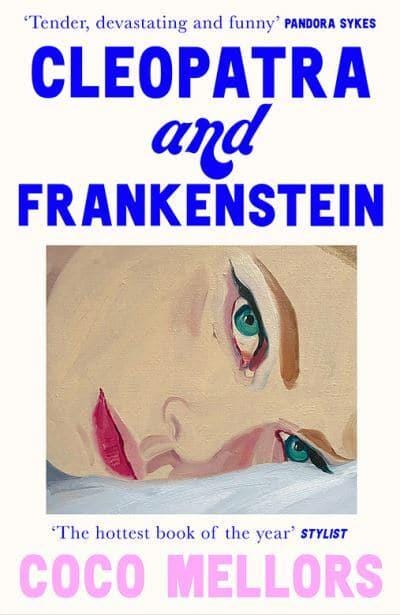
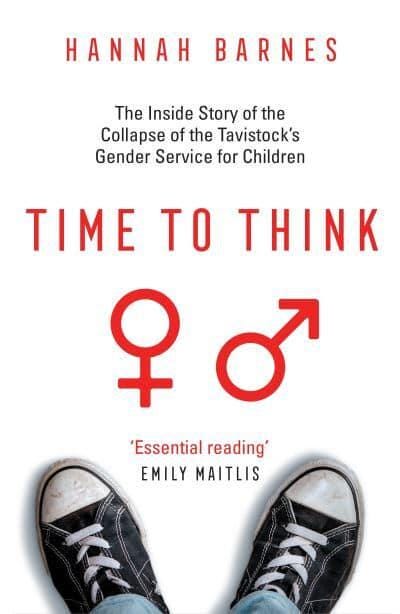
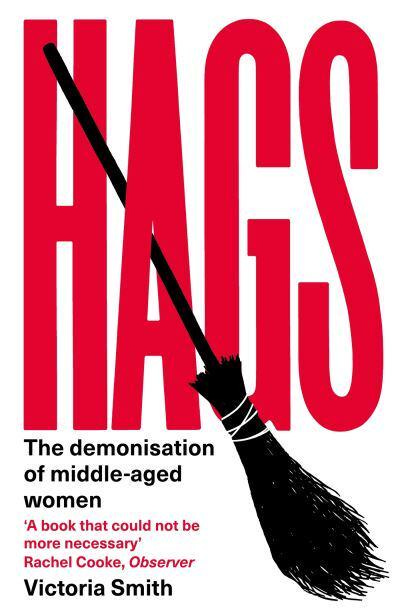
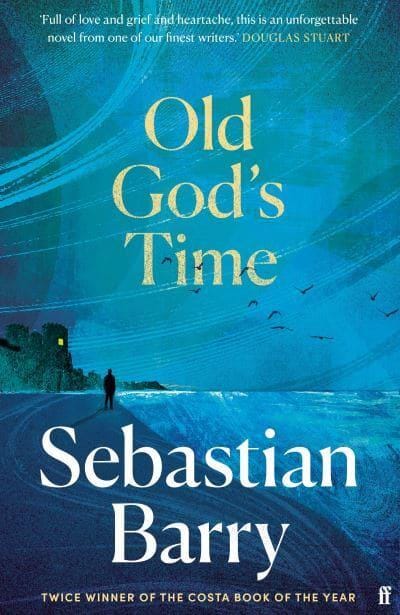
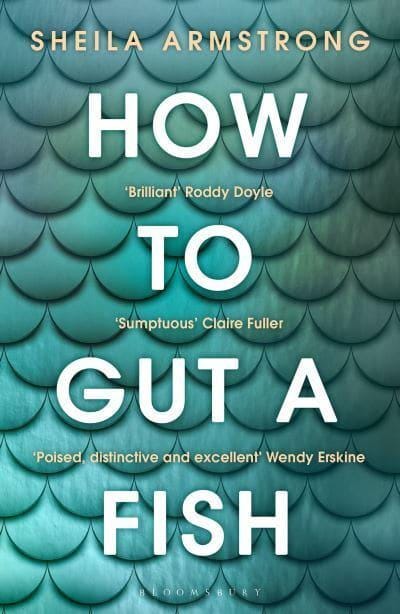
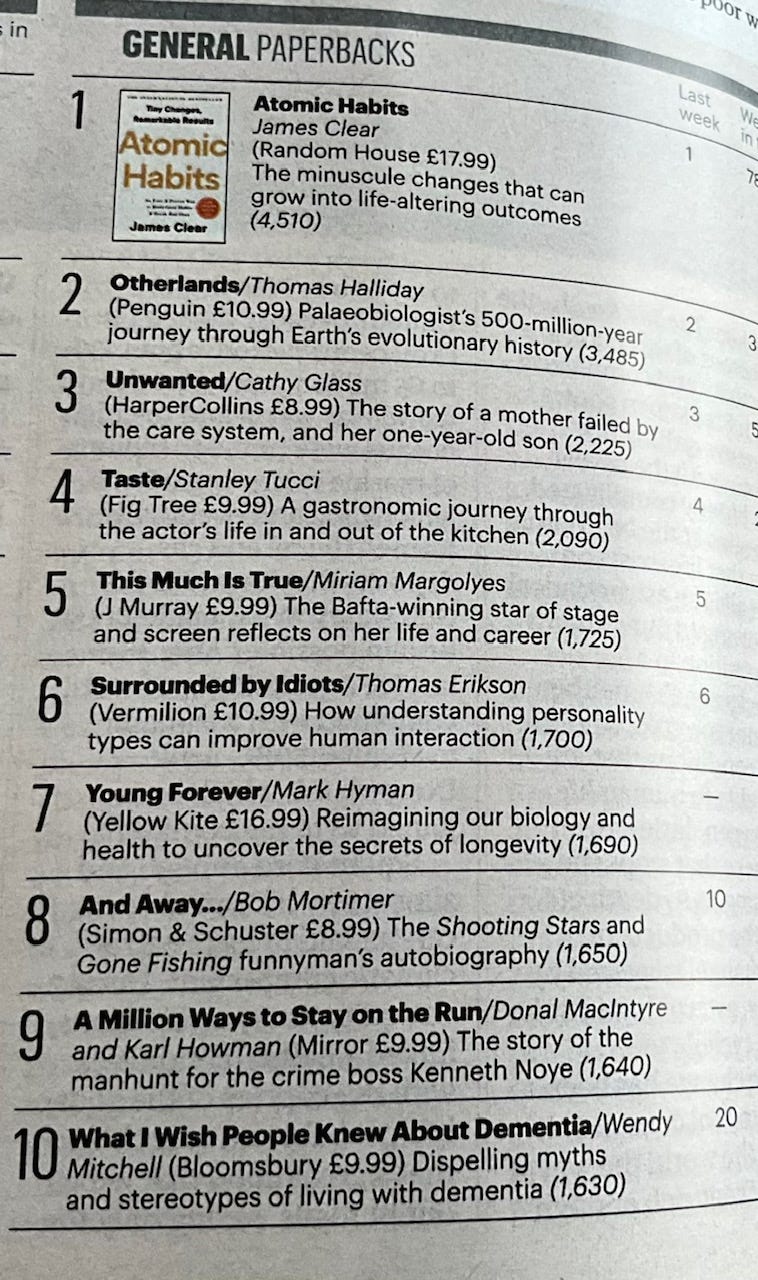
I enjoyed your round up here - I have just reviewed Hags for a midwifery magazine - loved it - well researched journalism and written with humour. I’m recommending it particularly to younger women... one day they will understand;)